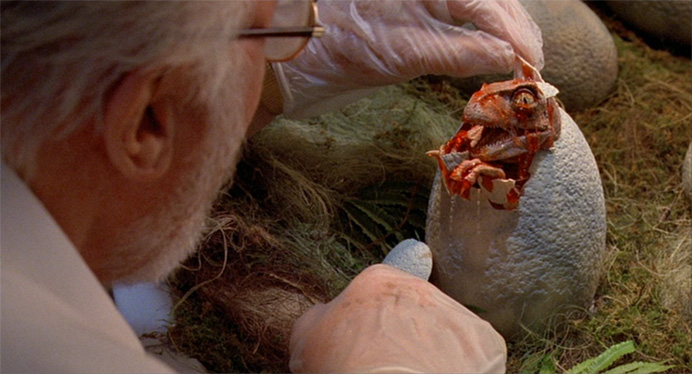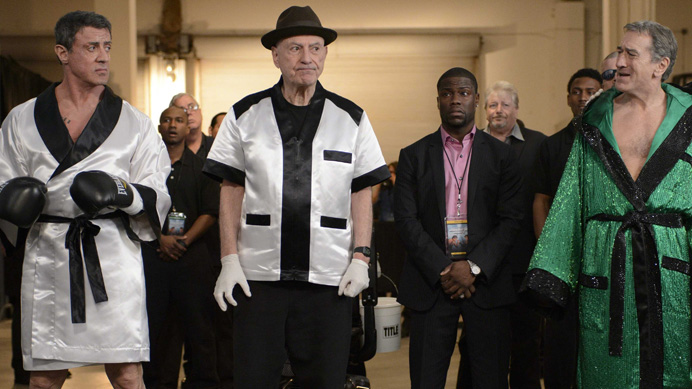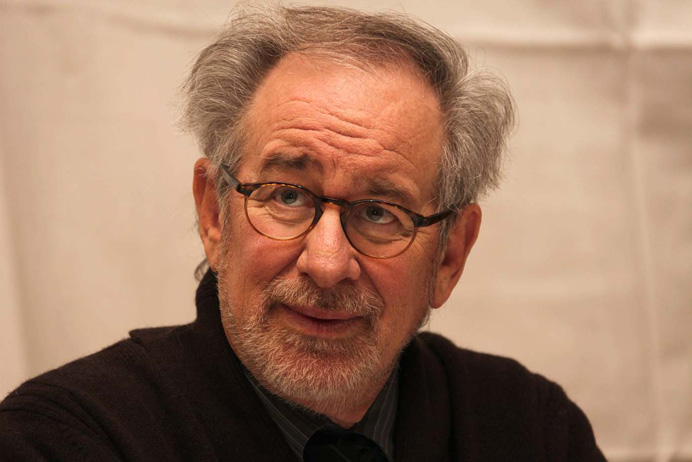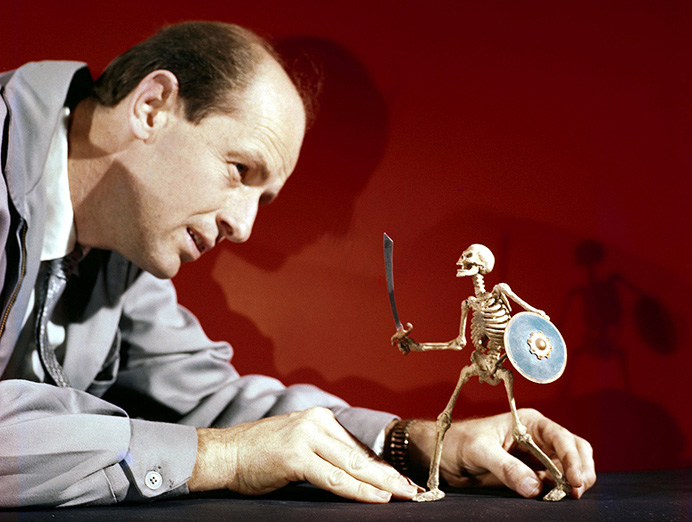
Every generation has movies that define their childhoods. Typically, these are ones you ‘just had to be there’ to truly experience an unwavering, visceral nostalgia for. I was born in the 80’s, so if I had to make a master list of my own, just off the top of my head it’d probably include Star Wars, Indiana Jones, Jurassic Park, The Lion King, and Robin Hood: Men in Tights. But there are many 80’s and early 90’s staples that I managed to miss completely—no, I didn’t grow up under a rock, but movies like The Princess Bride, Clueless, The Breakfast Club, Ferris Bueller’s Day Off, Home Alone (okay, most everything by John Hughes) and Back to the Future are all ones I somehow managed to miss entirely.
But now, thanks to a friend who literally set up a private screening in a college lecture auditorium for me because he was so upset I hadn’t seen it, I have finally watched Back To The Future for the first time at the age of 27. And boy do I have questions.
Continue reading Back To The Future: I’ve Finally Seen It, And I Have Questions



